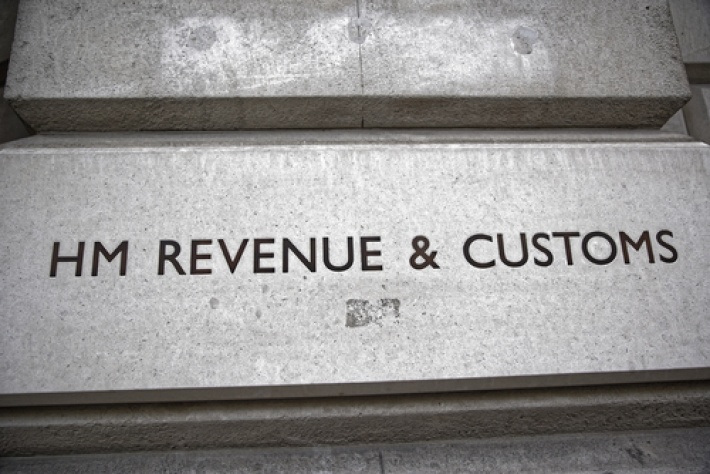HMRC Property Raids Up Sharply As Part of Tax Evasion Clampdown

The number of times HMRC has raided properties as part of criminal tax investigations increased by more than a quarter over the course of last year.
At least that’s according to the law firm Pinsent Masons, which is convinced that HMRC is using its increased powers to search people and properties as a means of clamping down on tax evasion throughout the UK.
In fact, the firm has suggested that HMRC might be using property raids as a “shock and awe tactic” that might act as a deterrent against pursuing potentially illegal methods of tax evasion.
The latest figures show that 761 properties were raided as part of tax investigation during the 12 months prior to the end of March 2016, which represented a 28 per cent increase on the previous year.
The figure for 2015/16 is also notably up on the numbers for 2011/12, when a total of 499 properties were raided by the UK’s tax authorities.
“As the distinction between aggressive tax avoidance and tax evasion becomes increasingly blurred in HMRC’s eyes, it’s likely to rely increasingly heavily on evidence gathered from premises searches,” said Paul Noble, tax director at Pinsent Masons.
“By raiding premises, it [HMRC] not only hopes to be able to seize the proof it needs to build its case, it’s also a clear show of strength and intent which should act as a deterrent to others.”
HMRC was recently handed extra powers to search properties in the course of investigations into tax avoiders and organisations they may have worked with.
These powers, coupled with greater pressure on HMRC as an organisation to successfully prosecute tax evaders, is understood to be behind the recent increases in the number of property raids being undertaken in these contexts.
“Companies will be a target in themselves in terms of what they knew about suspected criminal activity by those working for them and what they did or didn’t do to prevent it,” said Noble from Pinsent Masons.
“This could require investigators to trawl through masses of documents, which they will need time to identify and ring-fence before they can sift through the evidence.
“For businesses and individuals this is likely to be a very intrusive and disruptive process, but one which HMRC appears to see as increasingly necessary.”


